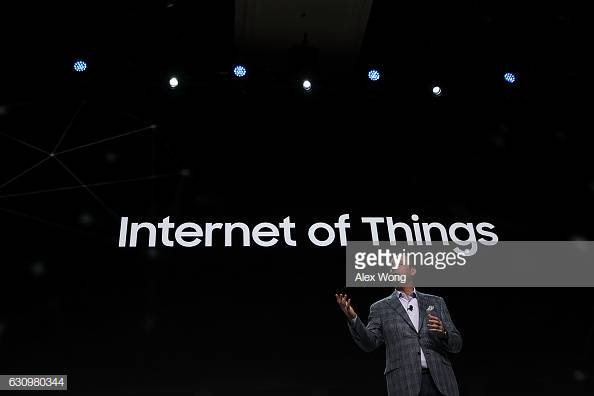
Source: news.google.com
The main objective of traditional marketing is to directly or indirectly show customers the value of a product or brand. The modern public, however, is not influenced by traditional marketing as before.
A marketing paradigm known as experiential marketing focuses on giving customers experiences that fully immerse them in a brand or product. The goal is to use tools like an augmented reality photo booth or a virtual reality booth to engage as many of the customer’s senses as possible to create a memorable experience that increases brand loyalty and influences their purchasing decisions more successfully. .
Research shows that only 1% of millennials say they are influenced by ads and 84% of them do not believe in traditional marketing. It’s no surprise that experiential technology solutions for marketing are having more impact than traditional marketing for millennials and Gen Z, who are in the prime of their working lives and are extremely valuable to marketers across all industries. . The new generation values experience above all else.
Technological trends in experiential marketing
Let’s take a look at some technology trends in experiential marketing that have come to define how we perceive marketing both now and in the future.
Artificial intelligence
Technological advances like artificial intelligence (AI), better targeting, and dynamic creativity are changing the way consumers interact with brands. Businesses also benefit from improved analytics and a greater understanding of how advertising works. AI-powered ad campaigns can benefit from machine learning insights, which take the guesswork out of making the most of massive amounts of data.
In the context of advertising, machine learning refers to a process in which technology collects data, analyzes it, and then makes a determination that it can improve a task or method. The results of this technology can be used for media buying, audience targeting, and personalization, among other things.
Google, Meta, and Twitter use audience data in combination with ML and AI layers to predict and target the right audience segment for advertising.
Internet of things (IoT)
Every day, more and more devices connect to the Internet. This allows the web to be always present and accessible to everyone. Marketers will benefit from this in their analysis of consumer buying patterns across various platforms. They can collect information about how customers interact with their products and determine where they are in the buying process.
Blockchain technology
Blockchain technology aims to do away with centralized systems and build an open and transparent ecosystem that will change the face of marketing. Furthermore, it can help in data centralization and security. Users will have direct control over their data and privacy thanks to Web 3.0, which will make companies more transparent and user-centric.
NFTs
The current marketing environment is being disrupted by NFTs forcing brands to come up with creative incentives for audience engagement. NFTs have been included in branding and marketing plans, and are helping in developing new consumer relationships and promoting conversion for businesses.
MAC, Adidas, Dolce & Gabbana and Mahindra & Mahindra are just a few of the many examples of brands and companies that have strategically leveraged NFTs to improve campaign results and provide customers with a unique and varied experience.
conclusion
Experiential marketing is the new marketing craze that aims to go beyond conventional approaches that have lost their effectiveness due to a number of factors, in particular the fact that the younger generation no longer believes in advertising and instead look for real and impactful interactions with brands. .
Businesses now have a wide range of marketing options at their disposal, including 3D virtual shopping tours, live shopping on social media platforms, and much more. Customers will continue to be interested in their current websites and online spaces if these experiences are enhanced and expanded. Plus, it will pave the way for what comes next in the Web 3.0 era. To prepare for the new digital consumption scenario that marketers will face, it is crucial to keep track of emerging trends.

(The author is Ms. Monica K Dhawan, CEO and Managing Director of Fusion Corporate Solutions and the views expressed in this article are her own.)
Read More at news.google.com